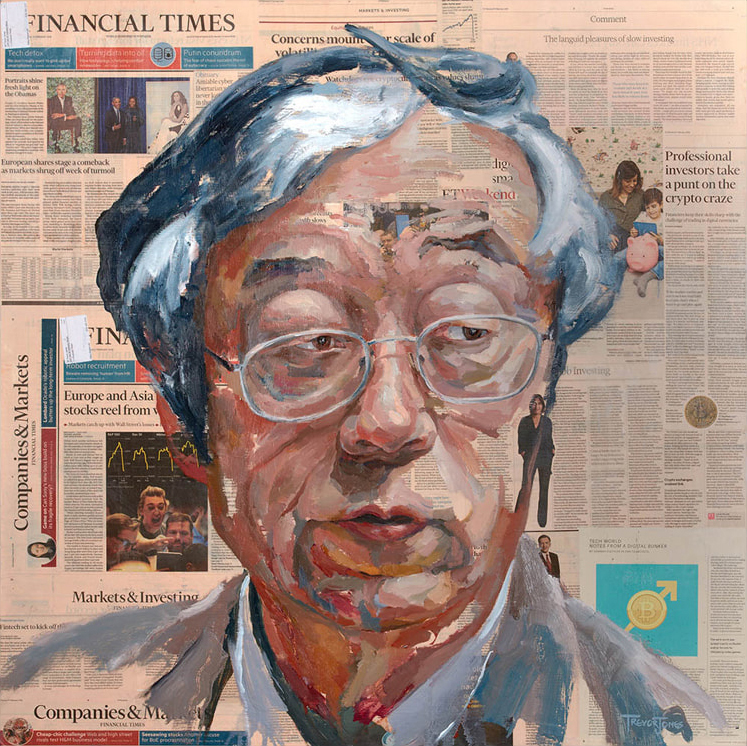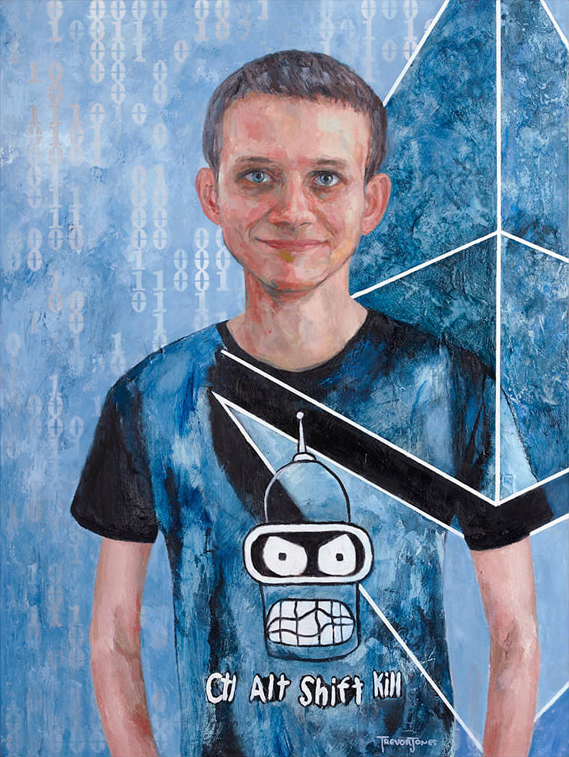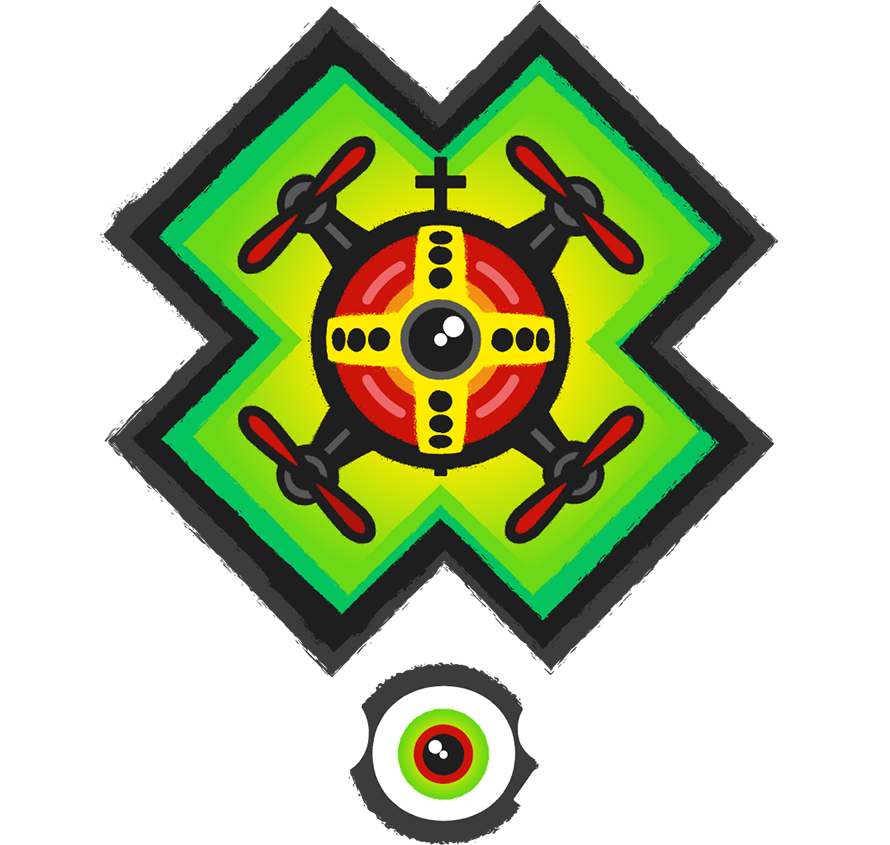A Bit More About Blockchain
If you would like a fuller understanding of NFTs and cryptocurrency, it is helpful to gain some knowledge of the blockchain technology that they run on. A blockchain is an online ledger – that is, a record of financial transactions. Its records are arranged into blocks of transactions – you can imagine them as pages in an accounts book. Each block is identified by a unique line of letters and numbers called a hash, and each hash contains a reference to the previous block, thus stringing the blocks together in a chain. This system of linked hashes makes blockchain technology secure, as to change something in one block would require changing all subsequent blocks – which would be effectively impossible.
As mentioned in previous articles, blockchains are decentralised – they are not operated by a single person or organisation, but rather by a worldwide network of computers, each of which is called a ‘node’. Each node has a copy of the entire blockchain, and it can be viewed by anyone on the network. For a new block to be added to the chain, all nodes in the network must analyse the transactions recorded in the block and reach a consensus that they are valid – this process ensures the integrity of the blockchain.

Many of the blockchains that have followed Bitcoin have sought to develop their uses beyond the mere transaction of cryptocurrency. For example, some blockchains such as Ethereum allow the creation of smart contracts. Smart contracts are computer programmes that can be stored on a blockchain, which automatically run when certain conditions are met. This is a useful concept in understanding how NFTs work – when a new NFT is minted, a smart contract assigns the minter as the owner. The smart contract can also transfer ownership if the NFT is sold.

A reminder of some of the terms used in this article:
- Bitcoin – the cryptocurrency of the first blockchain
- Blockchain – a decentralised online record of transactions in cryptocurrency
- Cryptocurrency – a decentralised digital currency
- Decentralised – not administered by an individual, bank, or government
- Ethereum – the most common blockchain with which NFTs are created
- Hash – a unique line of letters and numbers which identifies a block in a blockchain
- Minting – the process of creating an NFT on a blockchain
- Node – one of the computers in a network that operates a blockchain
- NFT (non-fungible token) – a technology that allows people to own and trade digital items, such as digital art
- Smart contract – a computer programme stored on a blockchain which automatically operates when certain conditions are met
